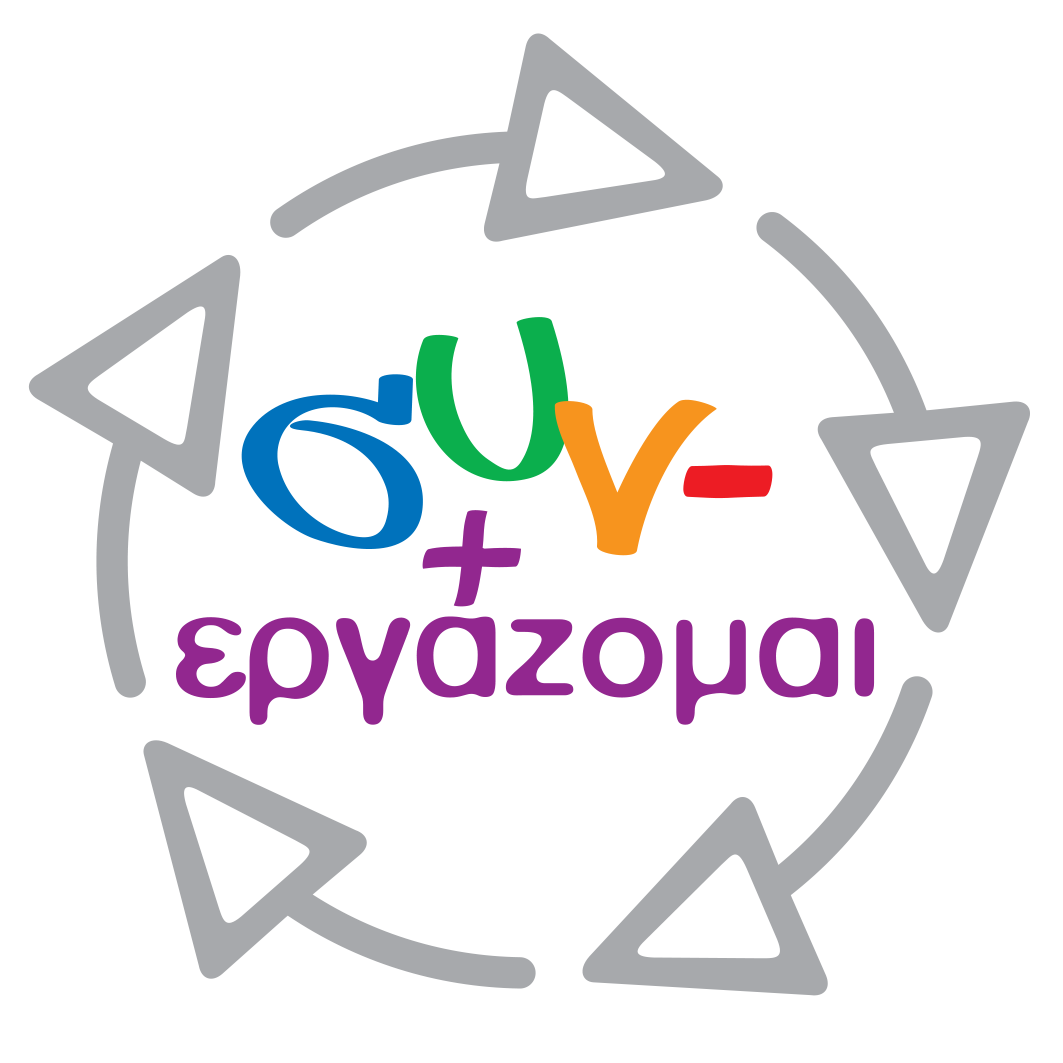
Main Principles
• Our aim is to:
Build a relationship between the school and the local community
Create a sense of belonging.
Resolve problems through the dynamics of school/local community.
Help people regain control of their lives in the face of difficulties, whilst ensuring the viability of each enterprise.
• The School as core of the local community functions as a transitory structure to the new life phase. Important tools in achieving this goal are:
The implementation of the humanistic education model
Mediation techniques (Circle of friends)
Non-Violent Communication
Building psychological resilience
Parent and teacher trainings alike
Exchange of good practices between teachers/educators
These tools are utilized through the children’s education and the teachers’ and parents’ training on them.
• Participatory process methods in the school and local community
Through the motto “belonging-sharing-co-creating” children, teachers and parents undertake the responsibility for activities in the school community and collaborate with local community in fields such as: society, culture, education, cultural diversity. Etc. Thus, the educational process, instead of being a sterile cognitive training exercise, achieves new goals:
Self-awareness
Building interpersonal relationships, self-actualization
Collaborative solutions
Through this new perception of the educational process, problems become an incentive for evolution and self-sufficiency. Furthermore, the sense of belonging makes certain that achieving goals is not about individual success, rather the actualization of a project through collective and collaborative effort.
Different motivation → common goal → common effort → project production
In this way, problems and difficulties become opportunities for self-efficacy development and initiatives. By avoiding sterile didacticism, we are lead to Experiential, Communicative Learning techniques, which redefine the meaning of education, since it can create responsible and active citizens.
Implementation strategy → «fire-extinguishing» → re-education → co-creation → self-sufficiency/responsibility
• Participatory process between schools and local communities
Common initiatives between school and local communities are being developed; thus cultivating healthy competition and collaboration instead of animosity between different communities.
• Increasing psychological resilience in school/local community members by:
Building positive emotional bonds
Setting clear goals
Learning social skills as a part of the education process, such as:
Collaborative relationships
Decision making
Conflict resolution
Communication and assertiveness skills
Stress management
All the above are being used as part of the educational process.
• Collaborations with organizations through “belonging”
Supporting organizations are utilized not only through referrals but rather through building a trusting relationship with certain people, who function as mediators, to whom service users can appeal to.
• Systemic approach in the effort to find solutions
Every school and local community is a system, an organism. Thus, a member in need is treated as part of the whole organism, not unconnectedly. The organism is enhanced and not exhausted by providing various and separated help. Equality, sense of responsibility, self-efficacy and viability of initiatives are ensured through a clear definition of giving-receiving.
